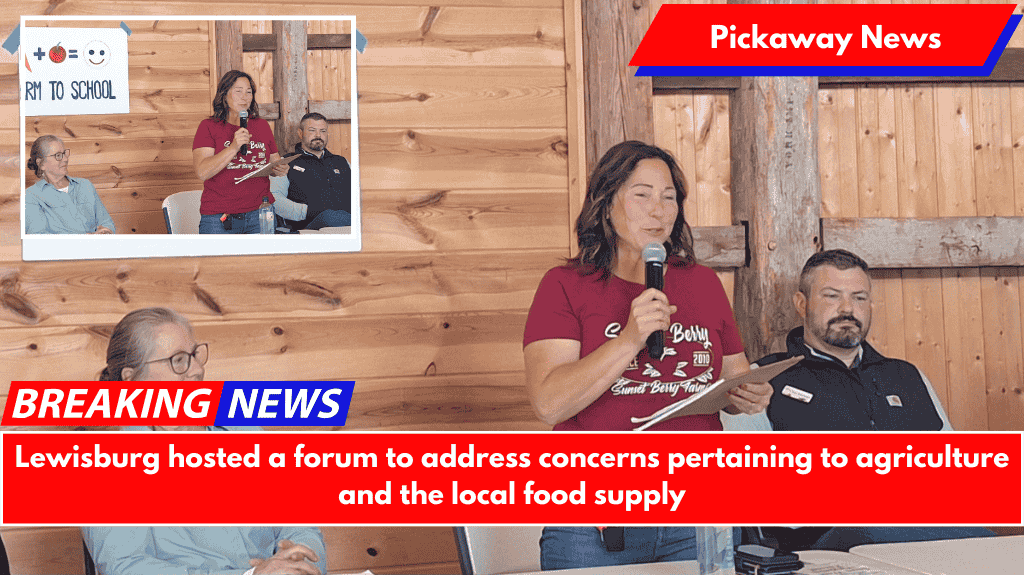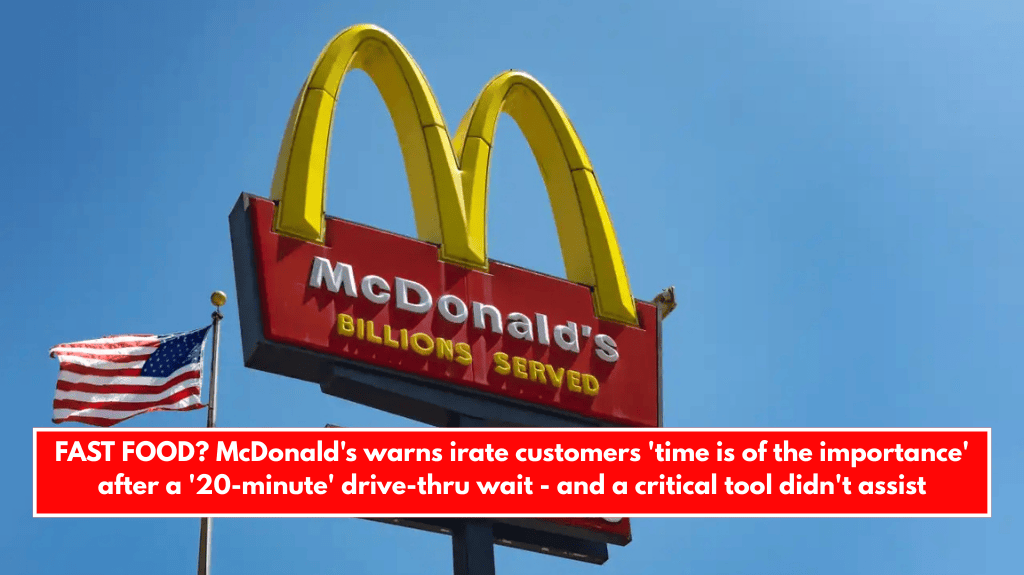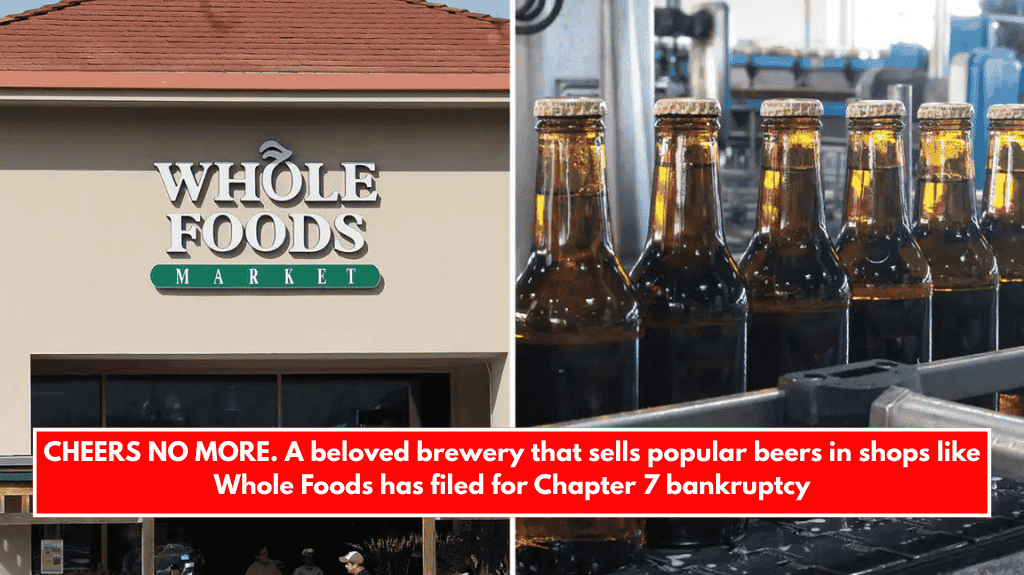LEWISBURG, W.Va. – On April 22, more than 80 West Virginians gathered at the Clingman Center in Lewisburg, WV, to hear from a panel of eight farmers, food supply, and agricultural representatives about the current crisis caused by the withdrawal of federal funding for numerous farm and food supply projects throughout the state.
Speakers discussed how they increased food production and hired workers based on signed contracts with the US Department of Agriculture (USDA), only to discover that the current administration had reduced their funding.
Jennifer Gilkerson, owner of Sunset Berry Farms, stated that she was one of ten farmers selected by the USDA to participate in an agricultural program designed to increase her labor force. She is now legally required to hire ten workers on her farm and has been informed that the USDA has reduced her funding, costing her farm at least $50,000.
Trey Yates, a lifelong West Virginian and owner of the largest local dairy business in the state, which serves 35 of 55 counties, reported that cuts to school food programs and food banks, his main customers, will force his company to lay off employees and possibly close, as 95% of his business will be lost.
Tommye Rafes, the owner of T.L. Fruits and Vegetables, moderated the discussion and explained that 30,000 farmers across America have been denied previously awarded funding, and that $38 billion in work has been frozen, much of which was already completed.
She stated that $1 billion has been cut from farm-to-school programs that provide fresh fruits and vegetables to schoolchildren, further contributing to the childhood obesity rate in West Virginia, where approximately one in every four children is obese, and reducing their exposure to fresh, locally grown food.
Natasha Zoe, lead manager at JarHead Farms and a Marine veteran, described how she installed a kitchen under a USDA grant to process fresh fruit juices only to discover that the promised reimbursement had been cut.
Chad Morrison of Mountaineer Food Bank stated that funding for food banks has been cut for a variety of programs to feed those in need, including food for 600 West Virginia seniors. In 2024, his company transported 29 million pounds of food; in 2025, that number will be reduced by 30%.
Spencer Moss, Executive Director of the West Virginia Food and Farm Coalition, stated that as a result of the sudden cuts, farmers have lost purchase contracts with schools and food banks, putting children, seniors, and other vulnerable West Virginians at risk of losing year-round access to fresh locally grown food. She described it as “a blow to the core values that motivate
Nearly every farmer in our state has a desire to feed their communities.
Sally Hurst of the Greenbrier Health Alliance spoke about the importance of collaboration now more than ever in addressing our community’s needs, as well as how the Health Alliance is working to provide necessary funds to support food programs in Eastern and Western Greenbrier County.
Tootie Jones of Swift Level Farm and Swift Level Fine Meats expressed her enthusiasm for locally grown agricultural products, as well as her concerns about legal green card immigrants who work on West Virginia farms but are at risk of deportation. She expressed deep concern not only for their livelihoods, but also for the farms that rely on their labor to function.
Deborah Stiles, a former Democratic candidate for Commissioner of Agriculture, concluded the evening by rallying attendees to encourage people, particularly young people, who support West Virginia farmers, to run for office.
In summary, the speakers’ overall message was one of deep concern, not only for the future of West Virginia’s 98% small-scale farms, but also for the health and well-being of our state’s citizens.
The Greenbrier County Democratic Women’s Club sponsored this event.














